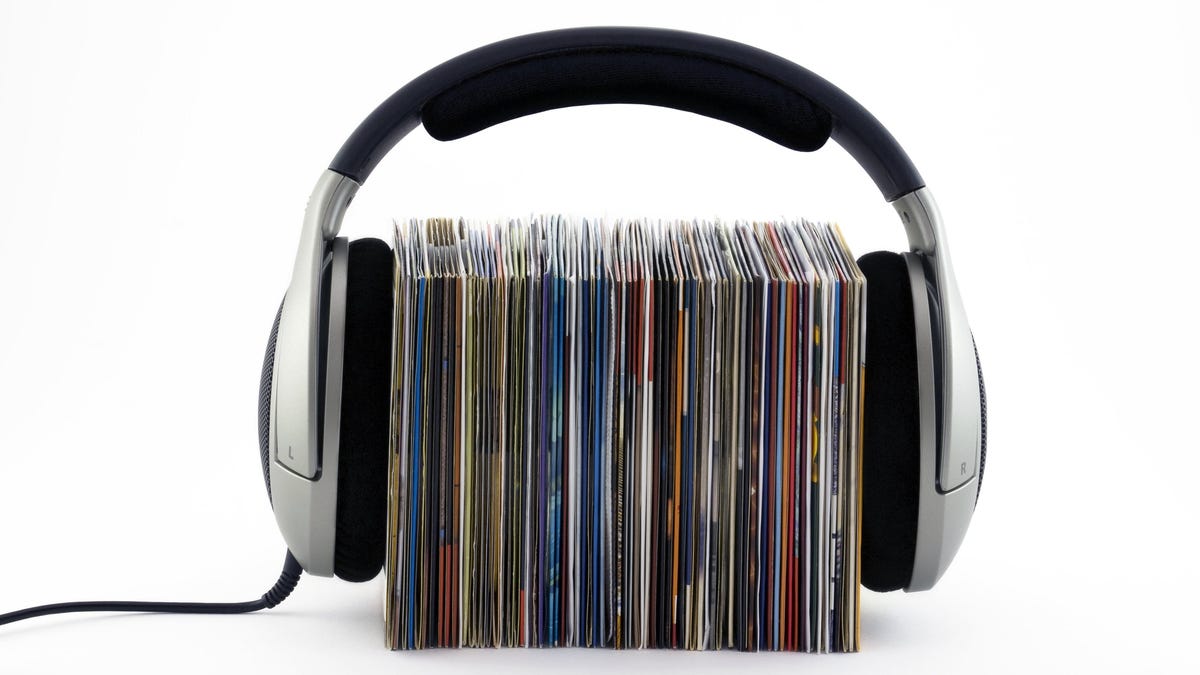"Muso, a research firm that studies piracy, concluded that the high prices of streaming services like Spotify and Apple Music are pushing people back towards illegal downloads. Spotify raised its prices by one dollar last year to $10.99 a month, the same price as Apple Music. Instead of coughing up $132 a year, more consumers are using websites that rip audio straight out of YouTube videos, and convert them into downloadable MP3 or .wav files.
Roughly 40% of the music piracy Muso tracked was from these “YouTube-to-MP3” sites. The original YouTube-to-MP3 site died from a record label lawsuit, but other copycats do the same thing. A simple Google search yields dozens of blue links to these sites, and they’re, by far, the largest form of audio piracy on the internet."
The problem isn’t price. People just don’t want to pay for a bad experience. What Apple Music and Spotify have in common is that their software is bloated with useless shit and endlessly annoying user-hostile design. Plus Steve Jobs himself said it back in 2007: “people want to own their music.” Having it, organizing it, curating it is half the fun. Not fun is pressing play one day and finding a big chunk of your carefully constructed playlist is “no longer in your library.” Screw that.



I agree conceptually. Experientially, I would say losing housing (legally occupied or not) is far more dramatic and life changing than being inconvenienced over the loss of a torrent tracker.
Source: In my drinking, I’ve found myself homeless (due to choices I made, no doubt). Wildly, losing access to torrents (which I’ve also done) is somewhat less consequential than being on the streets.